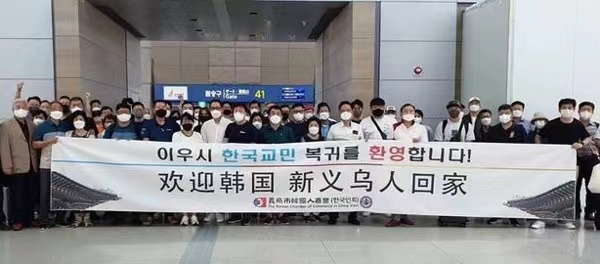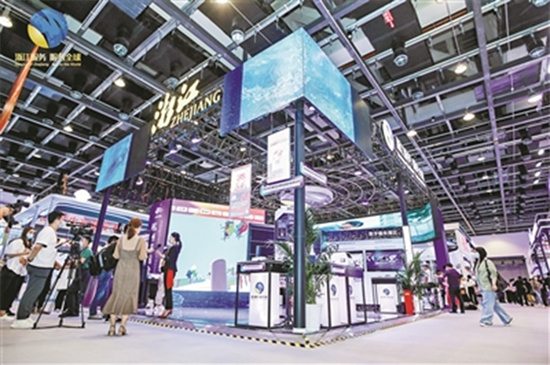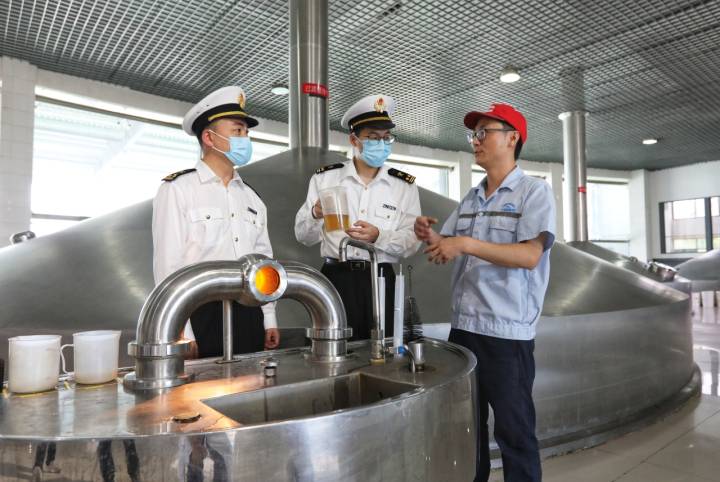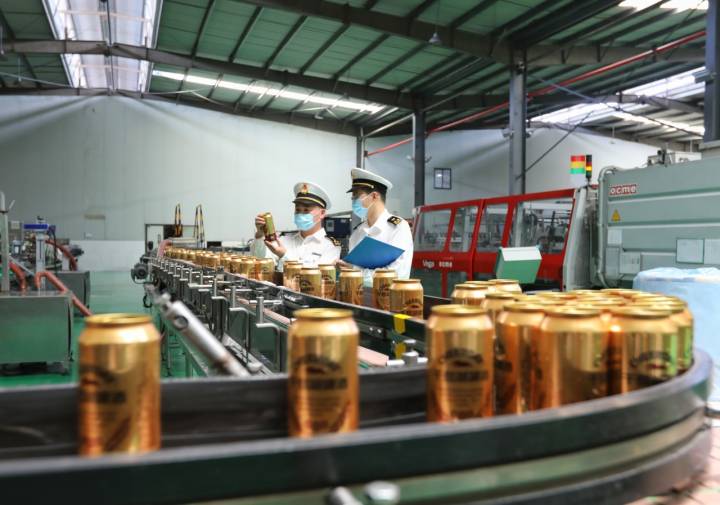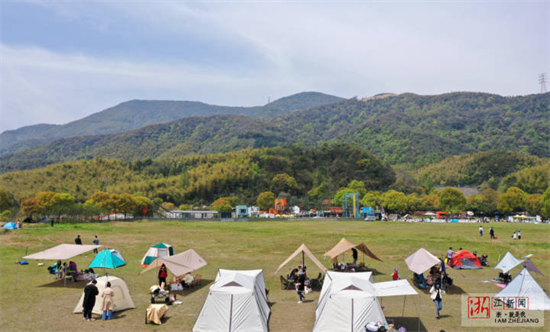Zhejiang Province is China’s demonstration zone for achieving common prosperity. Its gross domestic product level has been doubled in the past ten years, and ranked fourth in the country in 2021. In another episode of our special series “Decoding the Common Prosperity,” our reporter Wu Bin takes a look at how digitization is boosting economic growth in the province.
WU BIN Hangzhou, Zhejiang Province “To reach common prosperity, the first step is to generate more wealth. To put it simply, make the figurative pie larger. Zhejiang’s economic pie has doubled in the past ten years. What’s the secret behind this?”
In ten years’ time, Zhejiang’s GDP has increased from 3.44 trillion yuan in 2012 to 7.35 trillion yuan in 2021.
The larger pie has laid a solid foundation for common prosperity for all people, and digital economy has undoubtedly been Zhejiang’s main economic pillar.
In 2017, Zhejiang initiated the digital economy “Project No. 1” and since then, digital tools have become the main engine for its economy, taking up almost half of the province’s GDP last year.
To find out how digital tools are helping the province to increase more wealth, I went to a lift factory that has gone through some major transformations under the government’s digital initiative.
WU BIN Hangzhou, Zhejiang Province “Here I am in a factory in Hangzhou, the provincial capital. Looking around, not one worker can be seen. Everything is automated.”
The lift factory is one of the 32 so-called “future factories” in Zhejiang Province. To tell us why it’s called “future factory,” XIOLIFT’s vice president of Factory Operation asked me to stand in front of a big screen.
“This is our digital twin factory. At first, I had to have five or six workers to adjust the parameters of different equipment. I don’t need to do that anymore. Now, I just need to come to the digital twin factory, press a button and everything is quickly adjusted.”
Digital tools have made it easier to manage the machines in the real factory. According to Feng, it only takes a minimum of two minutes to make an elevator. And for customized needs, only five working days.
FENG TIEYING Vice President, Factory Operation XIOLIFT “We have been using more advanced information and manufacturing technologies in the past few years. We now have a lot of automatic and intelligent production lines. The factory efficiency has also increased by 50 percent.”
With an annual growth rate of around 30 percent, it has become the top company of its kind in the country.
Like XIOLIFT, digitization has also boosted the industry upgrading of many other manufacturers in Zhejiang.
YE JIANSONG Deputy Director Economy and Information Technology Department of Zhejiang “In recent years, Zhejiang has embarked on an industrial digitization path to become a demonstration zone for the integrated development of the industrial Internet in the Yangtze River Delta. Its industrial digitization index has ranked first in the country for three consecutive years.”
WU BIN Huzhou City, Zhejiang Province “China’s digital path can be traced back to over two decades ago. In the early 2000s, when President Xi Jinping worked as a government leader in Fujian and Zhejiang, he promoted digital economy in both provinces.”
Since he became president in 2012, President Xi has made the development of digital economy a national strategy.
And now digitization has become an important accelerator for the country’s economic growth. In Zhejiang’s vast rural sector, digital tools are also helping generate more wealth for farmers.
West Zhejiang’s Huzhou City is quite famous for its sheep.
In an intelligent farmland in Lvshan County, we met Lv Chenchen, a college graduate who chose to go back to the countryside, and become a technician for raising sheep.
Reporter: I see that every sheep has a thing like this on its ear. What is this for?
“This is an electronic ear tag, like an ID card, which is with them for their whole life. After scanning the electronic ear tag, you can see the birth information. So, we can pair up the mother and her lambs.”
In the control room, we see how a digital platform is helping Lv to manage over 50,000 sheep.
This is something many farmers could never imagine before.
LV CHENCHEN Technician, Tianxia Husbandry “They say they could never imagine this. Working here is much more efficient and the labor cost is lower. Raising sheep has become easier.”
With an estimated output value of around 460 million yuan, the sheep industry now takes up 60 percent of the county’s rural sector.
Digitization is also helping farmers. And more agricultural producers in Huzhou are using digital tools to expand and sell.
CHEN HAO Secretary, Huzhou Municipal CPC Committee “Over the years, we have boosted the comprehensive revitalization and common prosperity of the countryside with digital reform. As part of the ’14th Five-Year Plan,’ we will build 100 high-standard ‘future farms’ and promote the comprehensive transformation and upgrading of 191 breeding bases.”
Apart from manufacturing and agriculture, digitization is also accelerating growth in other sectors. The province’s digitization level in the manufacturing, service, and agricultural industries ranked first in the country in 2021.
It is expected to double its digital economy added value from 3.57 trillion to seven trillion yuan by 2027.
From bustling cities to vast countryside, from manufacturing to service industry, the digital economy is accelerating Zhejiang’s economic growth, and paving its path to common prosperity.

